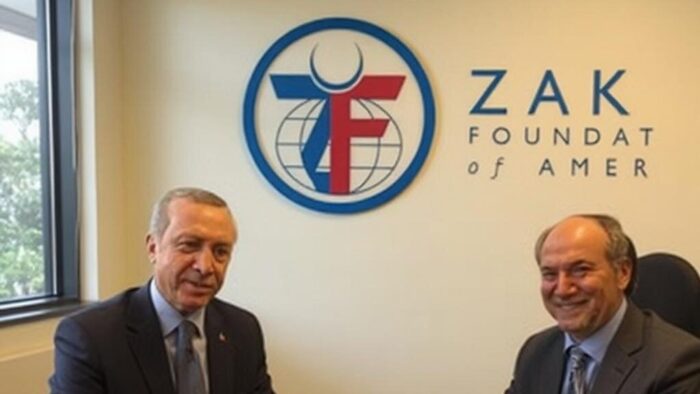The Australian Strategic Policy Institute (ASPI), an Australian think tank, has launched a new website tracking global disinformation and information operations on Twitter. By analyzing publicly accessible data from Twitter’s Information Operations Archive, the website says it made understanding complex data on disinformation campaigns simple for everyone. According to the ASPI website:
Publicly available datasets from Twitter’s Transparency Centre Information Operations Archive were downloaded onto a virtual machine hosted on Google’s Cloud Platform. These datasets included tweet data (which included both tweets and retweets), user data and media content. The tweet data was analysed to automatically extract the percentage of retweets, percentage of accounts with at least one tweet (including retweets) in the dataset, percentage of tweets with media, percentage of tweets with links, percentage of tweets with hashtags and number of likes. The top 10 most retweeted accounts, most used hashtags, shared links, shared domains, most used Twitter clients and posting patterns of the tweets were also calculated. Many of the accounts in the datasets were likely repurposed or purchased and their tweets were usually spammy or contained commercial content that was not of interest in the scope of this work. This often skewed the apparent behaviour of the accounts and could also make it difficult to identify and assess the most significant content shared in the datasets. The datasets that contained such material were flagged as having repurposed accounts, as a notable feature of that campaign.
Read the rest here.
So far, the ASPI website has documented influence operations originating from 17 countries, including Russia, China, Iran, and Turkey:
- In Russia, several networks affiliated with the Internet Research Agency and Russian state actors attempted to undermine NATO, exacerbate social tensions in the US and other countries or depict Ukraine as an unstable or belligerent country. The networks amplified content from Russian state-linked media and impersonated media outlets, politicians, government agencies, and other organizations. In total, Twitter removed 3613 inauthentic accounts associated with the influence operations.
- In China, several networks of more than 225,000 fake accounts attempted to sow discord about the protest movement in Hong Kong or pushed geopolitical narratives favorable to the Communist Party of China (CCP). In total, Twitter removed 940 inauthentic accounts associated with the influence operations.
- In Iran, several networks associated with or directly backed by the Iranian government promoted views of the Iranian state, targeted US elections with content supportive of certain candidates, or amplified disinformation about Israel arming neo-Nazis in Ukraine and the Islamic State in Syria. In total, Twitter removed 770 inauthentic accounts associated with the influence operations.
- In Turkey, a network of 7,340 fake or compromised Twitter accounts was used to amplify political narratives favorable to Turkey’s Justice and Development Party (AKP) and demonstrated strong support for President Erdogan. The influence operation has been attributed to the youth wing of the AKP. In total, Twitter removed 7340 inauthentic accounts associated with the influence operation.
The Global Influence Operations Report has extensively covered influence operations on Twitter. Recent reporting has included:
- In March, we reported that Russia is likely behind a viral Twitter thread claiming to show Ukrainians torturing each other.
- In March, we reported that official Russian government accounts are exploiting a Twitter loophole to spread disinformation through a coordinated retweet network.
- In March, we reported a clear overlap on Twitter between pro-Russian propaganda pushed by inauthentic accounts and genuine Chinese officials amplifying the US bioweapons conspiracy theory.





